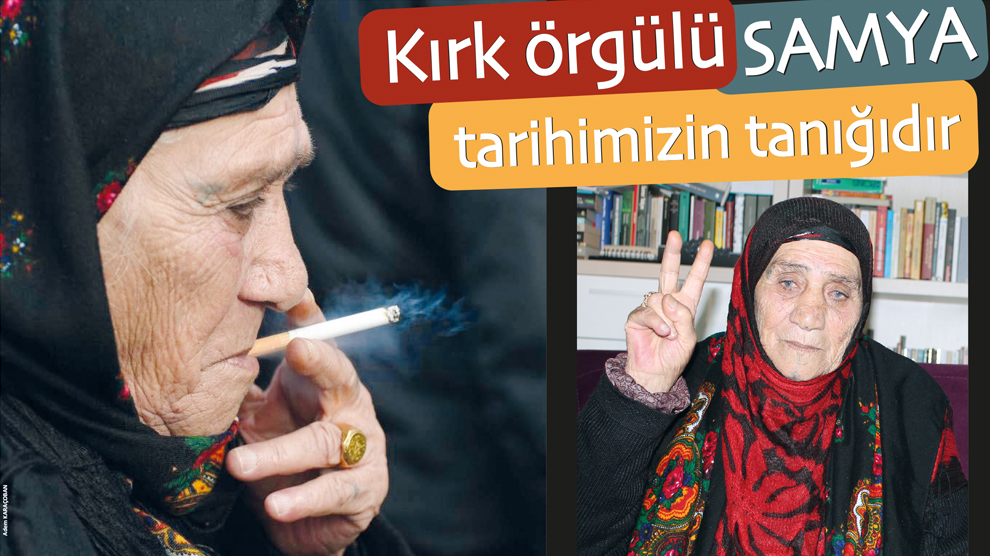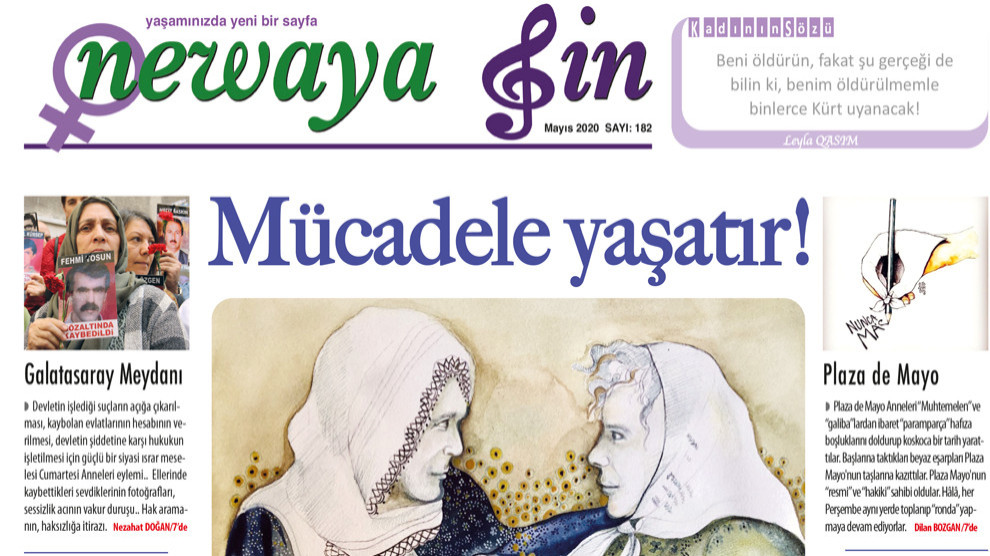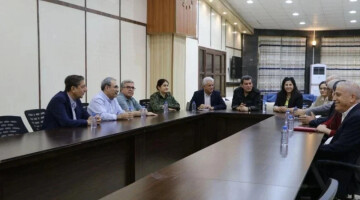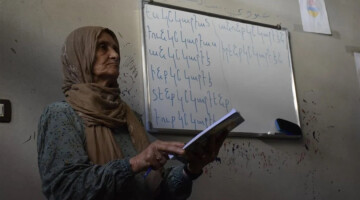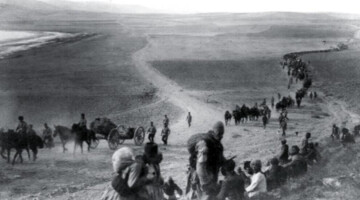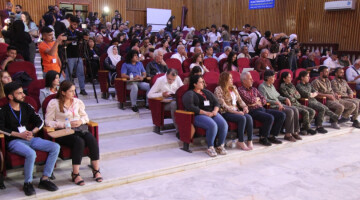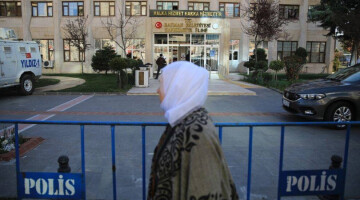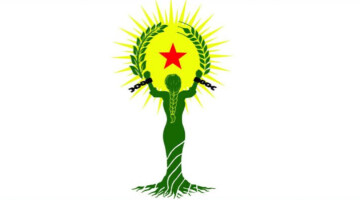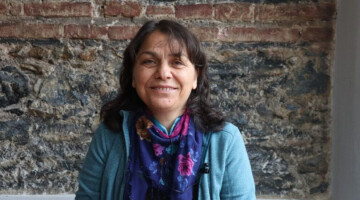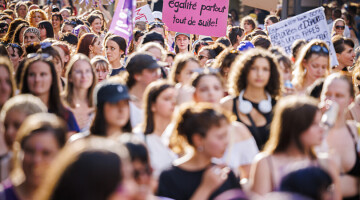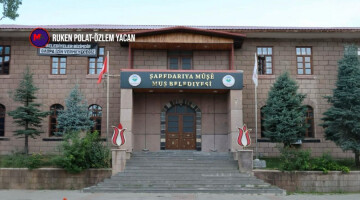The 182nd issue of the monthly women's newspaper Newaya Jin includes portraits of women who have a life of struggle, from the Saturday Mothers to the Plaza de Mayo Mothers and the Peace Mothers.
Among the other articles featuring in the new issue are those about 21st century feminism, the principles of universal common women's struggle, the coronavirus emergency, the Law of Execution in Turkey and the importance of mother tongue.
The square that turned into the memory of a whole country
Galatasaray Square, where Saturday Mothers have been meeting for 25 years demanding justice and the truth for the disappeared people, has become the memory of a whole country. In this issue of Newaya Jin is an interview by journalist Nezahat Doğan with Besna Tosun, daughter of Fehmi Tosun, who was kidnapped and disappeared from his house in 1995. Tosun tells Doğan: "That square is our childhood, our youth. It represents what we have won, lost, our suffering, our aspirations."
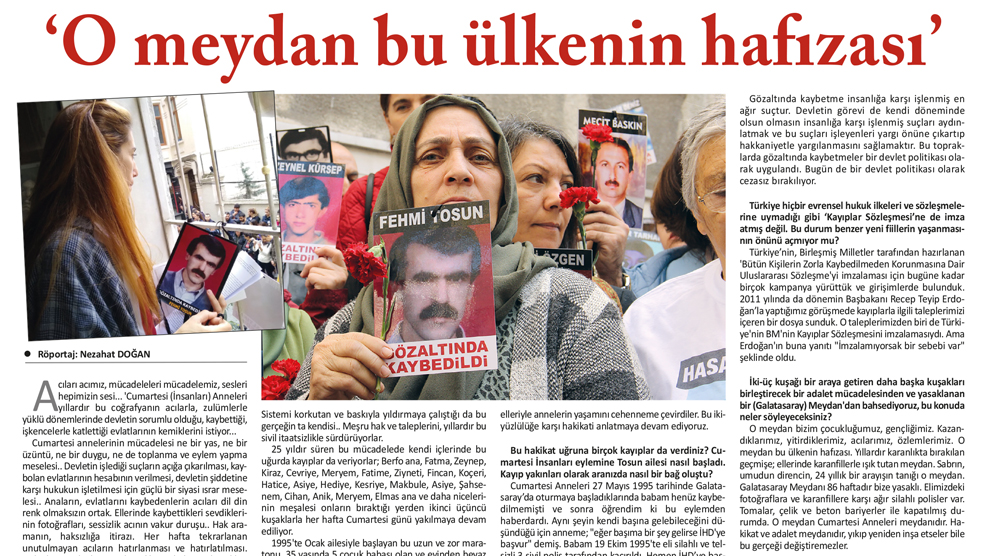
Zara Koçgiri, in her article, worked on the Peace Mothers, who took action to prevent further deaths in 1996, during a period when war was at its worst, bodies lined up in rows, and the air was filled with the screams of thousands of mothers who could not even reach the bodies of their own children.
The Mothers of Plaza de Mayo
Another struggle for rights carried out by mothers has been that in Plaza de Mayo in Argentina. For years the mothers, and then the grandmothers have been demanding justice and the truth for the desaparecidos, the missing sons and daughters who were disappareard during the Argentinian dictatorship of the late '70s.
Dilan Bozgan reminded in her article that Argentinian mothers continue to look for their children and demand justice, even during the years of repression.
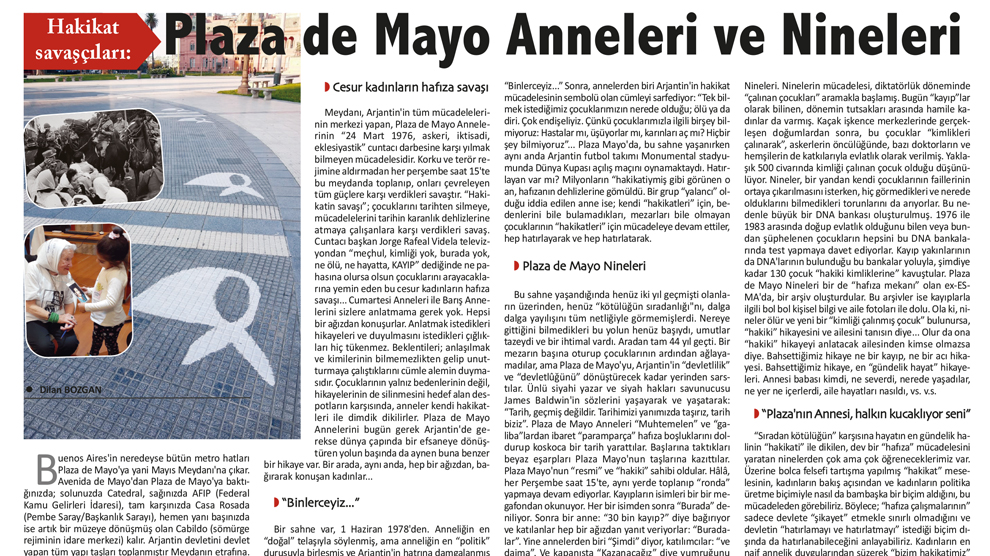
Story of a mother
The May issue also presents the story of the life of 81-year-old Yadê (Samya Doğan), a mother, a people militant. Writing the story in the style of biography, İlke Jiyan says: "The life of Yadê represents the political history of the last century, the Kurdish revolts, the persecution of the Turkish state, and the existence struggle of a Kurdish woman who challenged all social judgments in a male world."
